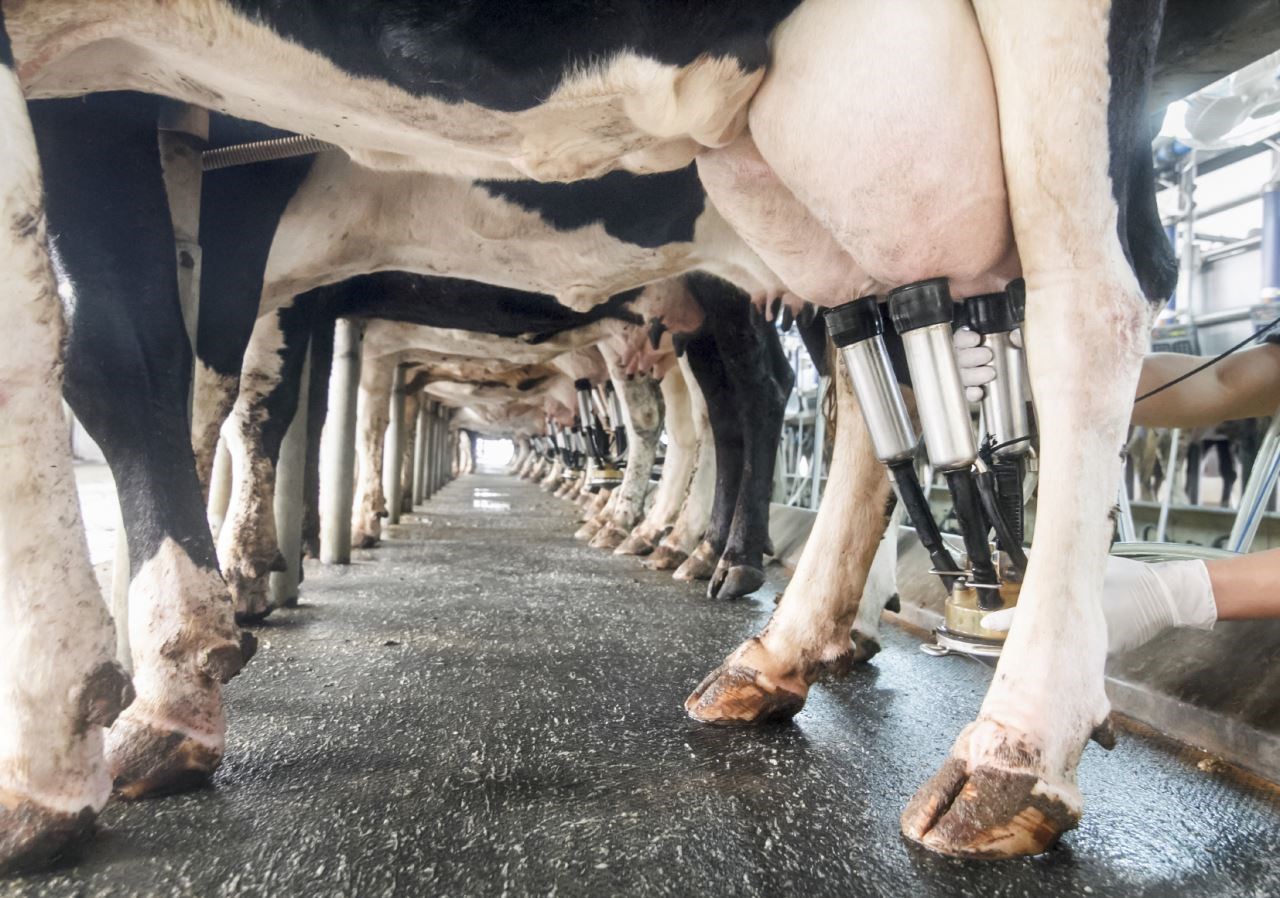We are finding that UK-based farm businesses are facing unprecedented challenges, including shortages in skilled labour, tightening financial pressures, and increasingly unpredictable weather patterns and shortening weather windows. Farmers are becoming increasingly overwhelmed with the workload and management requirements to run farms profitably and efficiently.
Our independent farm consultants share the key to running a successful farm business and how to reduce farms labour shortages and workload to improve the farms business as a whole.
Identifying Opportunities for Improvement
It’s key to identify if there are steps that can be taken to reduce the pressure within your farming team. If you find yourself doing the following its time to make changes:
-
Find yourself running around putting fires out all day (metaphorically speaking).
-
Are busy but don’t feel like your work has high impact or achieve what is needed.
-
Have a hard time delegating, saying no or don’t trust people to do the job.
- It takes too long to explain to others, so it’s quicker to do it yourself.
Understanding the difference between urgent and important tasks around the farm will allow you to plan your time more effectively. This means planning to do important tasks in advance, so you do less firefighting.
The Art of successful farm management
Effective delegation is a cornerstone of successful farm management, key to reducing stress and enhancing efficiency. Correct delegation saves time and money allowing leaders to focus on strategic objectives.
Planning is key to a successful farm business
This is Effective delegation:
- Analyse Team Strengths: Understand the key skill areas within your team. This will allow you to delegate tasks that fit their skill set.
- Clear Communication: Everyone learns differently so take time to explain instructions clearly. Always check that instructions have been understood.
- Support and Oversight: Oversee the first time they carry out a task, this will allow you to gauge their understanding. Always offer support when needed.
This is not effective delegation:
- Overloading Team Members: Avoid overwhelming staff as an escape from your responsibilities, or in other words don't pile work on people because you're too busy.
- Assumptions: Expect staff to automatically understand the job and do it exactly the same way you do, without guidance.
- Fast-Tracking Instructions: Rushing through the explanation of a task - this can lead to confusion and errors.
- Losing Composure: Panic and take over when you see people getting it wrong or taking too long. Remain calm if mistakes happen or tasks take longer than anticipated.
Empowering Through Training
Management and leadership training play vital roles in developing your farms team and improving delegation practices. Utilising tools like a skills matrix can be highly beneficial, says our in-house farm management consultants.
What is a skills matrix?
A skills matrix is an on-farm tool to record training and skills to help identify the areas where further training is needed.
It provides your business and employees with a clear outline of identify staff members skills sets for certain types of jobs. It will also allow you to identify skill gaps, to plan required training, and help staff progress into other roles. It can be updated six-monthly or annually to ensure it is up to date with all training undertaken throughout the year.
How does a Skills Matrix work?
The skills matrix usually takes the form of a table, with skills and tasks in one column and employee names along the top.
For each skill, you can record whether the employee has been trained, is skilled, or is fully experienced and competent in the activity. The box is left blank when training is needed in that area. Tasks can be edited and new tasks added, to tailor the matrix around the needs of your business.
Implementing this tool can help with farm staff training and provide you with:
- Skill Clarity: Provides a transparent overview of skill sets in your team.
- Targeted Training: Identifies gaps, allowing for tailored training plans.
- Staff Development: Supports career progression and prepares staff for diversified roles.
Why Implement A Skills Matrix?
Using a Skills Matrix will enable you to determine the skills you want new farm staff recruits to bring to the business and to plan the aspects they need to learn, when recruiting and inducting them, giving you:
- Informed Recruitment: Identify and source necessary skills in potential recruits.
- Employee Growth: Help employees visualise skill gaps and future development needs.
- Benchmarking: You can benchmark the skills in your business against standard requirements and identify areas for improvement.
- Flexible Coverage: Seamlessly identify staff for fill-in roles during absences if you run a larger business with many employees. Therefore it can be used to identify staff who are able to cover for absences (e.g. holidays or long-term sickness).
Your Farm Management Consultants
For more guidance and support in optimising your farm's operations and ensuring ongoing success, read more about our independent farm consultants. As your dedicated farm business consultants, we're committed to your business's efficiency, sustainability, and growth.
Douglas Green Consulting: 100% Independent, 100% for you




